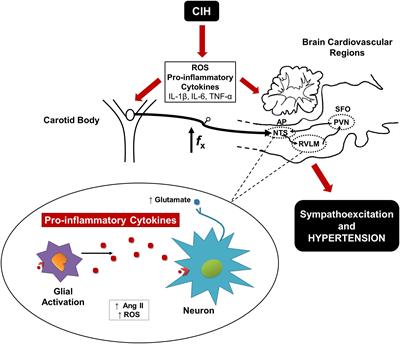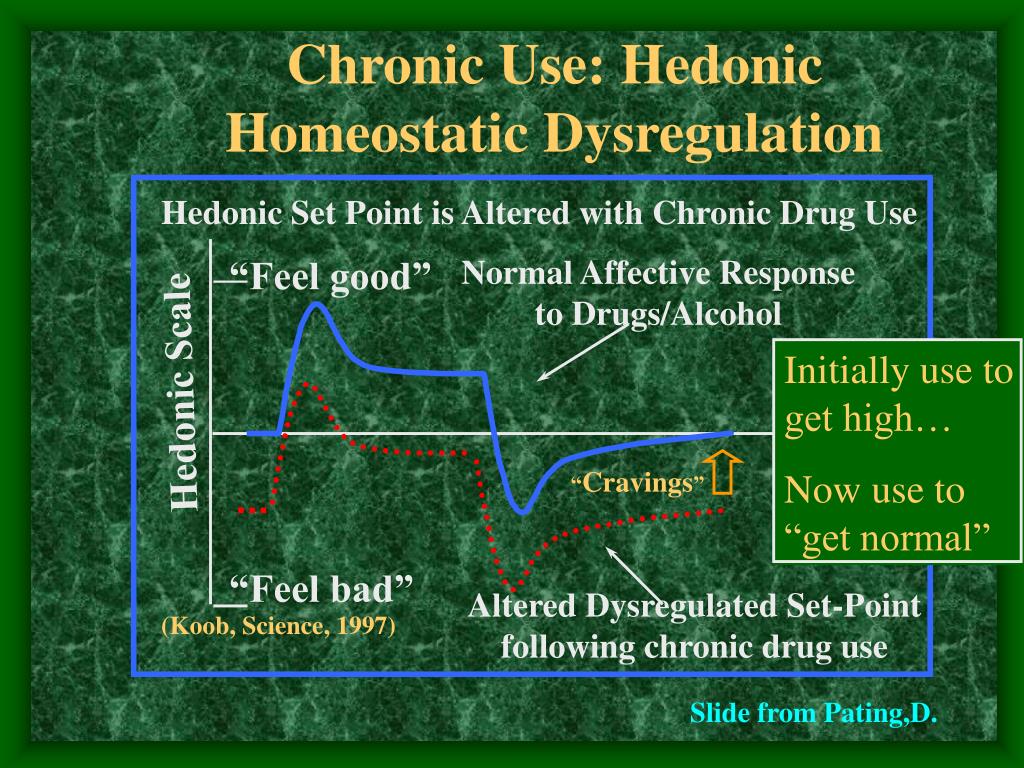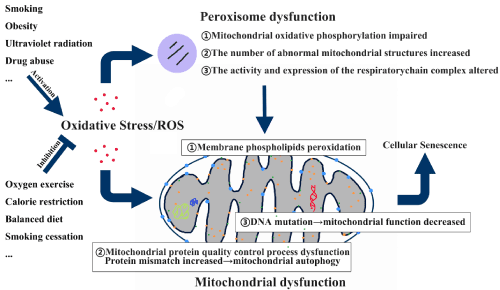


This individual resistance to PTSD is apparently based on genetically determined potency of endogenous defense systems also called stress-limiting systems, which include heat shock proteins (HSPs), antioxidants, nitric oxide, prostaglandins, and serotonergic, GABAergic and other systems. Current pharmacological treatment for PTSD is not adequately effective and may cause serious side effects.Īlthough incidence of PTSD is increasing, approximately 60–80% of humans and animals exposed to severe stress do not develop PTSD.

PTSD may result in neuropsychological, cardiovascular, gastrointestinal, metabolic, endocrine, and even oncological diseases. Posttraumatic stress disorder (PTSD) is a condition caused by severe stress and subsequent chronic distress, which is generally associated with a life-threatening experience, such as a natural disaster, military combat, traffic accidents, incurable disease or a personal tragedy. Therefore, IHC is a promising preventive treatment for PTSD-related morphological and functional damage to organs, due, in part, to IHC’s reduction of oxidative stress. IHC alleviated PTSD-induced metabolic and structural injury and reduced oxidative stress.

The PTSD-induced elevation of carbonylated proteins and lipid peroxidation products in these organs reflects oxidative stress, a known cause of organ pathology. PTSD rats had increased norepinephrine concentration and decreased monoamine oxidase A activity in cerebral cortex. Liver and blood alanine and aspartate aminotransferase activities of PTSD rats were significantly increased. The livers of PTSD rats had reduced glycogen content. This higher AI was associated with reduced glycogen content and histological signs of metabolic and hypoxic damage and of impaired contractility. PTSD rats had a higher anxiety index (AI, X-maze test), than control or PTSD+IHC rats. Some rats were then adapted to 14-day IHC (PTSD+IHC rats), while PTSD and untreated control rats were cage rested. PTSD was induced by 10-day exposure to cat urine scent (PTSD rats). IHC’s ability to alleviate harmful PTSD effects on rat heart, liver, and brain was examined. Intermittent hypoxic conditioning (IHC) has cardio-, vaso-, and neuroprotective effects and alleviates experimental PTSD. Posttraumatic stress disorder (PTSD) causes mental and somatic diseases.


 0 kommentar(er)
0 kommentar(er)
